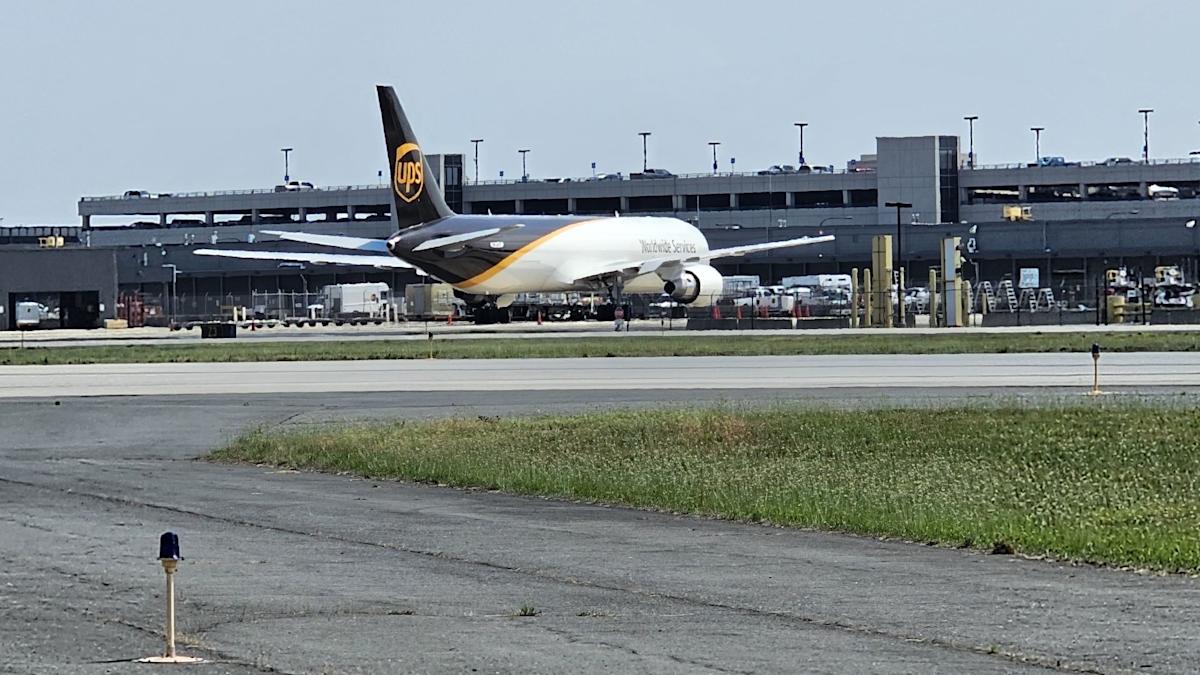Cargo airlines, shippers face mixed impact from FAA flight restrictions
Businesses using passenger aircraft for domestic freight transportation could experience some shipping delays from the Federal Aviation Administration’s order for airlines to reduce their schedules at the nation’s busiest airports starting Friday because of the government shutdown, but the impact on all-cargo carriers is expected to be minimal, according to air logistics professionals.
Freighter operators won’t be heavily exposed to flight reductions because the mandate applies to flights from 6 a.m. to 10 p.m., outside the time when a lot of express cargo operations are scheduled, and exempts international flights — which are responsible for the majority of cargo movement in the United States — air cargo officials said.
The FAA order directs airlines in high-volume markets to temporarily reduce traffic by 10% across 40 domestic airports to alleviate strain on the system and maintain flying safety as air traffic controllers take sick leave or complain of being overworked during the shutdown. The government has required essential workers to report to work during the shutdown, now in its 37th day, but they are not being paid. This past weekend, there were 2,740 delays at various airports, according to the agency.
At a news conference on Wednesday, FAA Administrator Brian Bedford said 20% to 40% of controllers were not showing up for work at the top 30 airports.
The flight reductions will be gradually implemented, with a 4% reduction in operations taking effect Friday, ramping up to 6% by Tuesday, 8% by Thursday and 10% next Friday. Cargo airlines on Thursday worked, in collaboration with the FAA, to determine how to adjust operations and to mitigate any potential impacts on their customers, industry representatives said. The onus will mostly rest with airlines that operate large numbers of flights at the targeted airports. Airlines with limited numbers of flights at targeted airports likely will not be expected to cut their schedules, they added.
“We are monitoring the FAA’s plans to adjust flight capacity across the U.S. and are developing the necessary operational modifications to ensure our shipments continue to move safely and swiftly through our network,” FedEx said in a statement to FreightWaves. “Our contingency plans will flex our integrated air and ground network to help protect time-sensitive, critical shipments such as lifesaving pharmaceuticals, medical devices, and other products moving through our network.”
Among the 40 airports designated for capacity cutbacks are seven cargo-dominant air hubs: Memphis, Tennessee (home base for FedEx Airlines); Louisville, Kentucky (UPS’s global hub); Cincinnati-Northern Kentucky International Airport (the largest hub in North America for Amazon Air and DHL Express); Anchorage, Alaska (a major refueling station for carriers operating across the Pacific Ocean); Indianapolis and Oakland, California (FedEx regional hubs); and Ontario, California (a regional hub for FedEx and UPS, and where Amazon has a smaller operation.



Leave a Comment
Your email address will not be published. Required fields are marked *